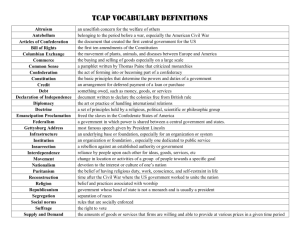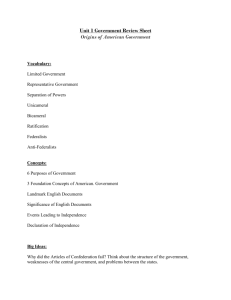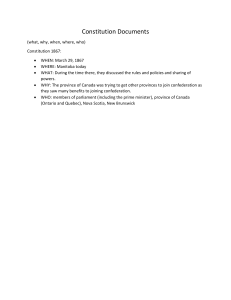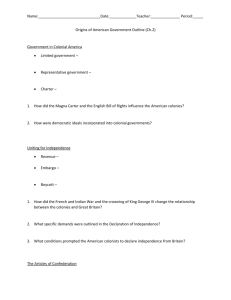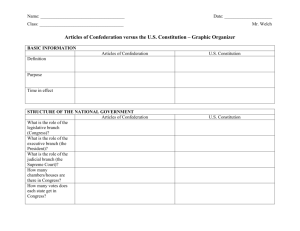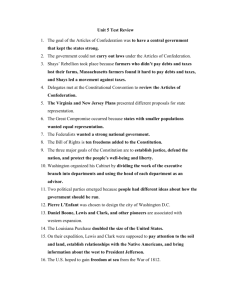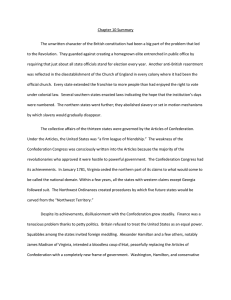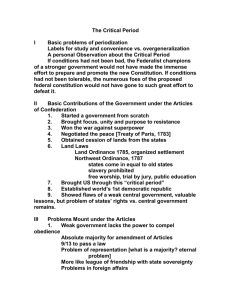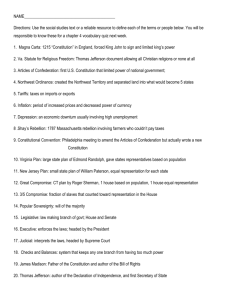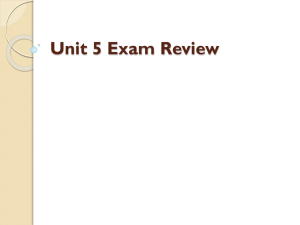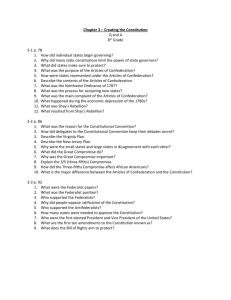History Essential Questions Examples Do we have to fight wars
advertisement
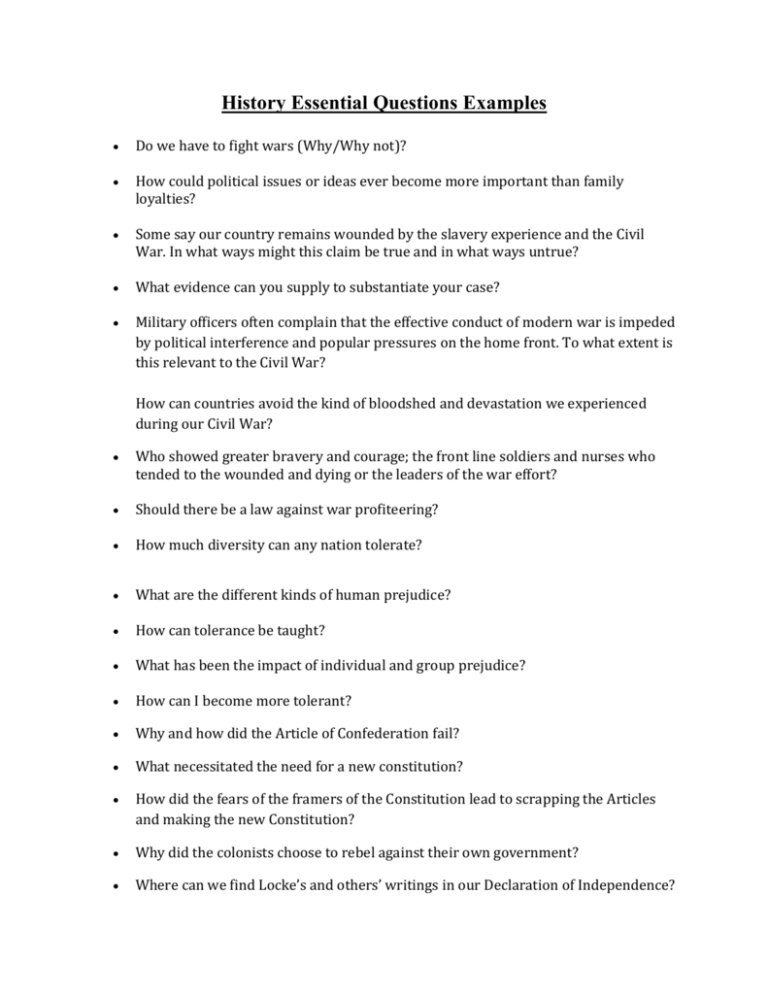
History Essential Questions Examples Do we have to fight wars (Why/Why not)? How could political issues or ideas ever become more important than family loyalties? Some say our country remains wounded by the slavery experience and the Civil War. In what ways might this claim be true and in what ways untrue? What evidence can you supply to substantiate your case? Military officers often complain that the effective conduct of modern war is impeded by political interference and popular pressures on the home front. To what extent is this relevant to the Civil War? How can countries avoid the kind of bloodshed and devastation we experienced during our Civil War? Who showed greater bravery and courage; the front line soldiers and nurses who tended to the wounded and dying or the leaders of the war effort? Should there be a law against war profiteering? How much diversity can any nation tolerate? What are the different kinds of human prejudice? How can tolerance be taught? What has been the impact of individual and group prejudice? How can I become more tolerant? Why and how did the Article of Confederation fail? What necessitated the need for a new constitution? How did the fears of the framers of the Constitution lead to scrapping the Articles and making the new Constitution? Why did the colonists choose to rebel against their own government? Where can we find Locke’s and others’ writings in our Declaration of Independence? Why did Americans feel the need to break with Britain and form their own government? What were the reasons that led men to challenge the “Articles of Confederation”? How were the Articles of Confederation different than our Constitution today? Why did the Articles of Confederation fail? How do physical and human geography affect people, places and regions? Why do civilizations rise and fall? After it falls, what impact does a civilization have on history? Are conflicts between nations and/or people inevitable? Do belief systems unite or divide people? How do the movements of people and ideas (cultural diffusion) affect world history? How does/did technological change affect people, places, and regions? How are economic systems structured to meet the needs and wants of different societies? What impact do regional and global trade networks have on world cultures? How does the individual influence world events? To what extent do the concepts of justice and human rights differ across time and place?
